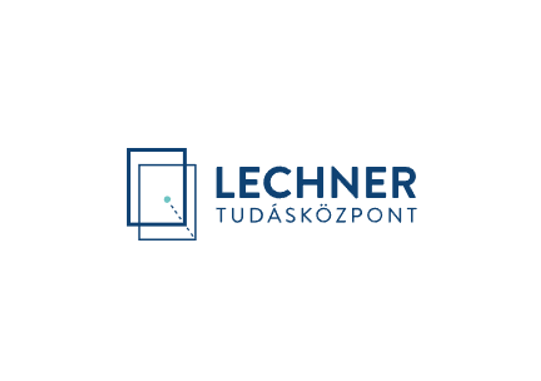About the partners (EPOS-GNSS component)
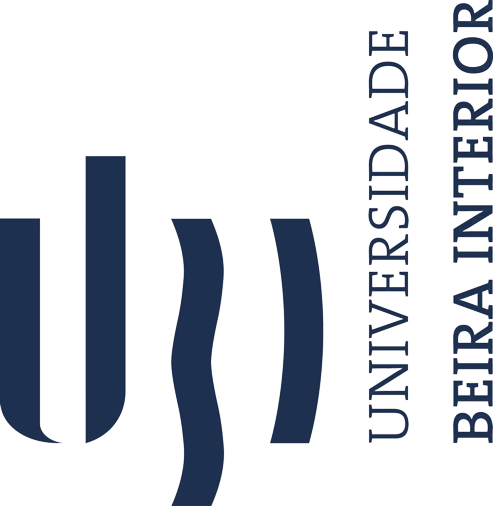
Universidade da Beira Interior (UBI) is a Portuguese university, located at Covilhã. The mission of UBI is to “promote high-level qualification, production, transmission, critique and dissemination of knowledge, culture, science and technology, through study, teaching and research”. The Collaboratory for Geosciences (C4G) is a distributed research infrastructure (RI) that promotes the networking of researchers and the sharing of equipment, data, collections and tools in Solid Earth Sciences (SES).
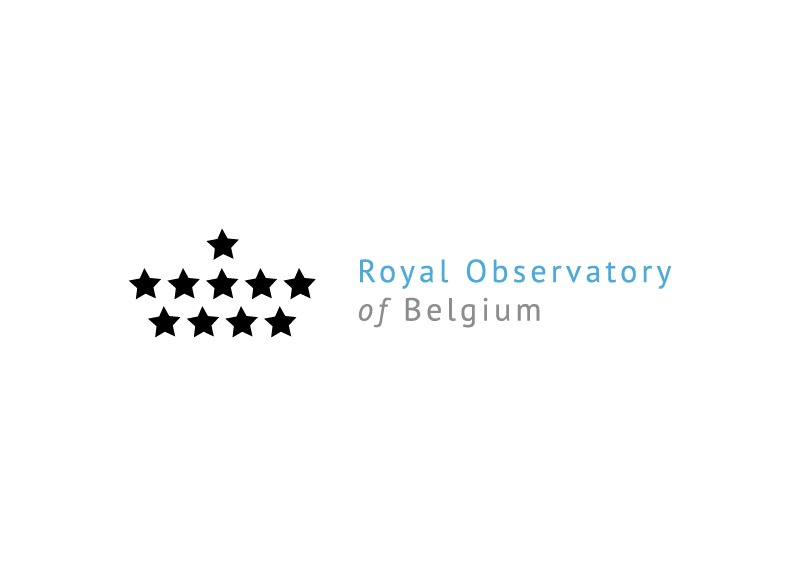
The Royal Observatory of Belgium is a federal research institute concentrating on the Earth (space geodesy, seismology, gravity, Earth rotation), the Sun (coronal holes, solar activity, sun spots, space weather), and the stars. In its department “Reference Systems and Planetology”, the GNSS research group is active in the maintenance of a national GNSS network, GNSS data analysis and interpretation for monitoring ground deformations and contributing to the elaboration to international reference frames, and the study of the Earth’s atmosphere (ionosphere and troposphere).
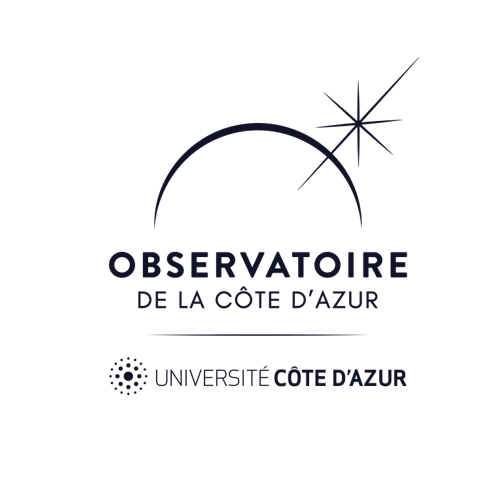
The Côte d’Azur Observatory (OCA) is a scientific, cultural and professional public establishment, a French research “Grand Etablissement” and a component institution of the Université Côte d’Azur by government decree to lead the research and innovation strategy for the Earth and Universe sciences. OCA is the second largest astronomical observatory in France that is responsible for the continuous and systematic collection of observational data on the Earth and the Universe.
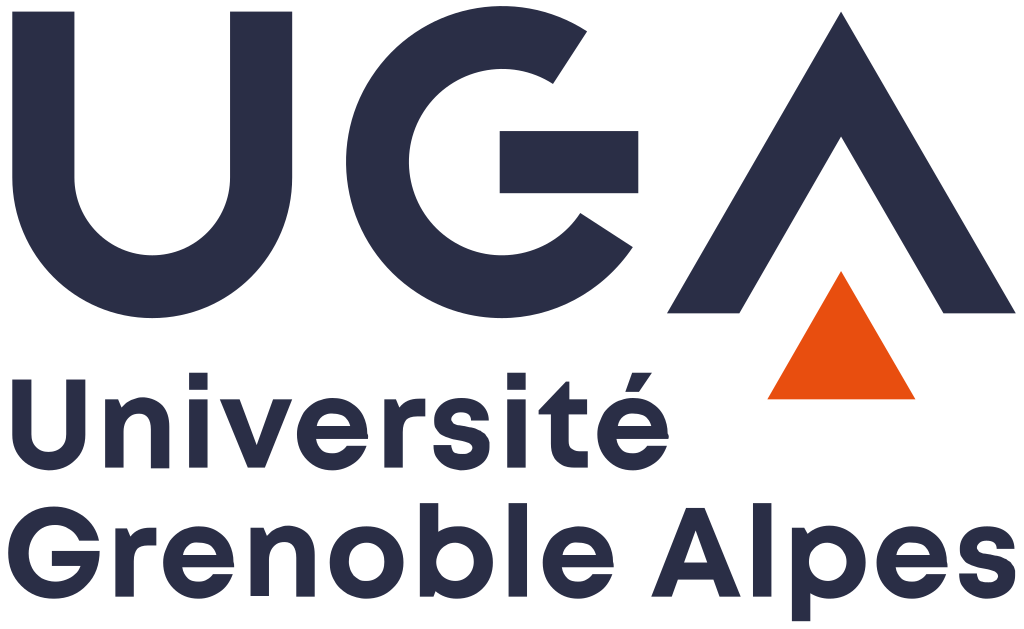
The Université Grenoble Alpes (UGA) is a public research university in Grenoble, France, covering all disciplinary fields. This analysis center is hosted by OSUG (Observatory of Earth Sciences and Astronomy of Grenoble), a public scientific institutions dedicated to observation, research, training, and public outreach. OSUG, within the University of Grenoble, plays a major role in defining and running higher education programs and provides initial and continuing education in Earth Sciences, sciences of the Universe and environmental sciences. OSUG, within the National Institute of Universe Sciences (INSU) of CNRS, manages a number of key observing systems, which contribute to national and international databases.
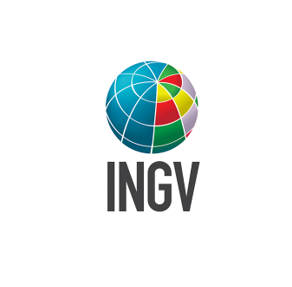
The Istituto Nazionale di Geofisica e Vulcanologia was born in September 1999 through a merger of former Istituto Nazionale di Geofisica, Osservatorio Vesuviano and three other institutions: Istituto Internazionale di Vulcanologia, Istituto di Geochimica dei Fluidi and Istituto di Ricerca sul Rischio Sismico. INGV was meant to gather all scientific and technical institutions operating in Geophysics and Volcanology and to create a permanent scientific forum in the Earth Sciences.
The primary task of the Satellite Geodetic Observatory (SGO), a department of LTK, is to keep tracking up-to-date international research trends of satellite geodesy (multi-GNSS, InSAR) and carry out basic research and added-value development for the deployment of state-of-the-art technologies and services. The SGO is Hungary’s first and still only infrastructure, which was established with the dedicated task to learn space-geodetic technologies (GNSS, InSAR), run research studies and adapt satellite-based technologies to improve and modernise the Hungarian Geodetic Infrastructure.
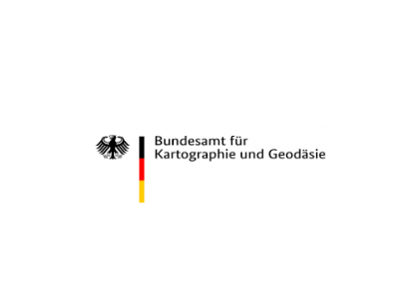
Bundesamt für Kartographie und Geodäsie (Germany), the Federal Agency for Cartography and Geodesy (BKG) is a technical agency under the Federal Ministry of the Interior, Building and Community and a modern competence and service center. BKG provides geodetic reference systems and basic information for the territory of the Federal Republic of Germany efficiently and with a quality in line with demand. It develops the technologies necessary for this according to the most recent state of science and technology. Furthermore, BKG advises the institutions of the federal government in the fields of geodesy and geoinformation and represents the appropriate professional interests at the international level.
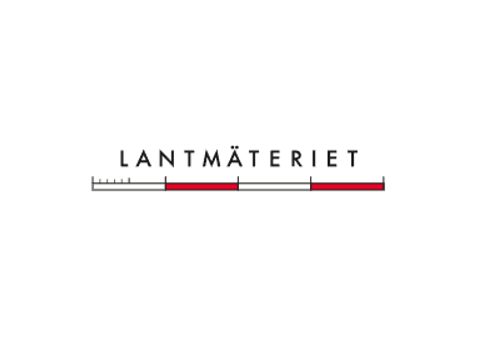
Lantmäteriet is the name of the Swedish mapping, cadastral and land registration authority. It has mapped out Sweden since 1628 and belongs to the Ministry of Rural Affairs and Infrastructure. Lantmäteriet secures the ownership of Sweden’s real property, makes geodata available in society and lays the foundation for a functioning national economy. As part of its Geodata Division, Lantmäteriet operates and develops SWEPOS®, a Swedish network of permanent reference stations. Along with users’ GNSS receivers, the network provides opportunities for navigation support and accurate positioning.
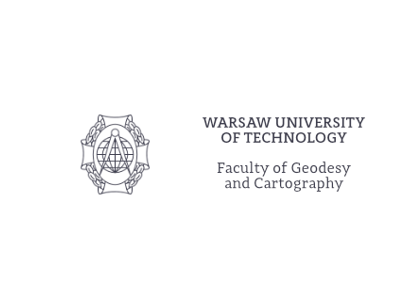
Warsaw University of Technology, Faculty of Geodesy and Cartography (Poland) is the oldest technical university in Poland which was founded in 1915. At the Department of Geodesy and Geodetic Astronomy of the Faculty of Geodesy and Cartography, the GNSS research group deals with the GNSS data analysis, realization of national and international geodetic reference frames, interpretaion of station position time series, and the study of the troposphere. WUT is one of the analysis centres of the EUREF Permanent Network (EPN) of GNSS stations. Presently, WUT is also the EPN Analysis Combination Centre and is responsible for the creation of combined position products based on solutions of the EPN analysis centres.
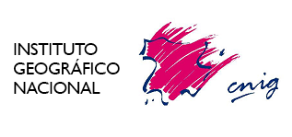
The Centro Nacional de Información Geográfica is an autonomous body dependent on the National Geographic Institute of Spain (IGN). The IGN’s Astronomy and Geodesy Subdirectorate maintains GNSS, VLBI, and SLR infrastructures, actively collaborating with international organizations related to Space Geodesy and the determination of reference frames. It also has analysis centers for the three aforementioned geodetic techniques. With over 150 years of history, the IGN is the competent body for defining and maintaining the geodetic reference frame in Spain.
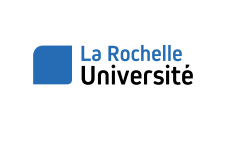
Created in 2008, LIENSs is a multidisciplinary CNRS–La Rochelle University research unit dedicated to the study of coastal environments and their interactions with society. It combines expertise in oceanography, geodesy, and environmental sciences to investigate coastal dynamics and long-term sea level change. Its observational pillar, SONEL (www.sonel.org), serves as the global GNSS data assembly centre for several international programs, including EPOS in Europe and GLOSS under IOC/UNESCO, ensuring the collection and quality control of coastal GNSS data worldwide. The associated ULR analysis centre (linked to the International GNSS Service) provides refined vertical land motion estimates consistent with sea level trend determinations from tide gauges.
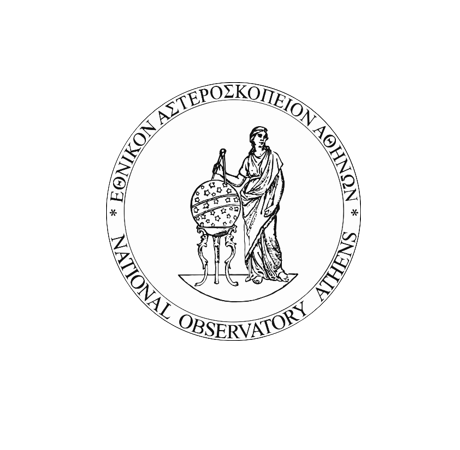
The National Observatory of Athens (NOA) is a national leader in providing the Greek state and public with crucial information relevant to monitoring natural (e.g. earthquakes, landslides, volcanic activity, tsunamis, flash floods, floods, forest fires, heatwaves, pollution episodes, desert dust transport) and anthropogenic (e.g. industrial accidents, mining activities) using high quality scientific knowhow and ground based and satellite assets. The NOA GNSS group provides open access data products for precision GNSS daily position time-series, quality secular velocity solutions and strain rates, and daily GNSS RINEX files.
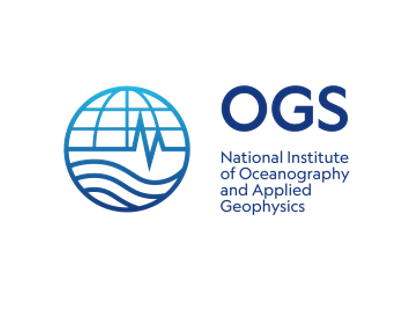
The National Institute of Oceanography and Applied Geophysics – OGS is an Italian public research institute operating in the fields of Earth science and oceanography at the international level. Within its Seismological Research Centre (CRS), the GNSS group, supported by the EPOS-Italia JRU, has established the Central and Eastern GNSS Node for EPOS (CEGNxEPOS). The group operates regional networks such as the Friuli Regional Deformation Network (FReDNet) and manages cross-border GNSS data from Italian, Slovenian, and Austrian stations to support research and interoperability with EPOS. OGS also develops cost-effective GNSS receivers (LZER0) and fosters international cooperation in Central and Eastern Europe with the support of the Central European Initiative (CEI).
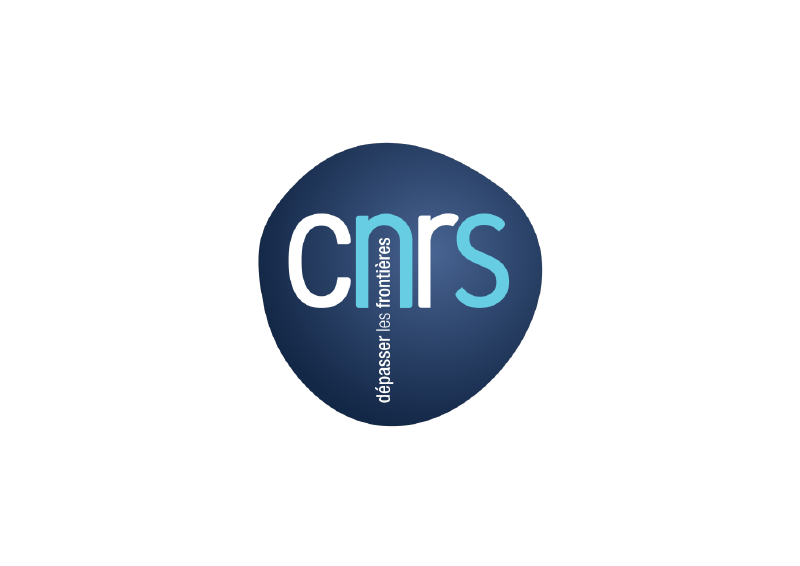
The National Center for Scientific Research (or CNRS) is a public organization under the responsibility of the French Ministry of Education and Research. Founded in 1939 by governmental decree, the CNRS aims to evaluate and carry out all research capable of advancing knowledge and bringing social, cultural, and economic benefits for society.
Overview of TCS services and parties
The table below gives the overview of the different TCS Services and the partners committed to perform these tasks.
|
PILLAR |
DESCRIPTION OF SERVICES |
SERVICE PROVIDER(S) |
|
Governance |
TCS office & outreach |
UBI |
|
TCS community coordination (data, product, and software provision, link with EUREF) |
UBI, ROB, UGA, CNRS-OCA |
|
|
Data provision |
Data Gateway |
CNRS-OCA |
|
Station metadata management |
ROB |
|
|
Data monitoring |
ROB |
|
|
Data Repository |
NOA, LRU, CNIG, OGS |
|
|
Product provision |
Products gateway |
UBI |
|
Position products |
INGV, UGA, LTK, ROB |
|
|
Velocity products |
INGV, UGA, LTK, ROB |
|
|
Strain rate products |
LM |
|
|
Products monitoring |
UBI |
|
|
Offsets products |
UGA, INGV |
|
|
Software |
Software |
UBI, CNRS-OCA, INGV, ROB |
|
EUREF |
EUREF perm. netw. central bureau |
ROB |
|
EUREF data repositories |
BKG, ROB |
|
|
EUREF reference frame products |
ROB, WUT, LTK |

